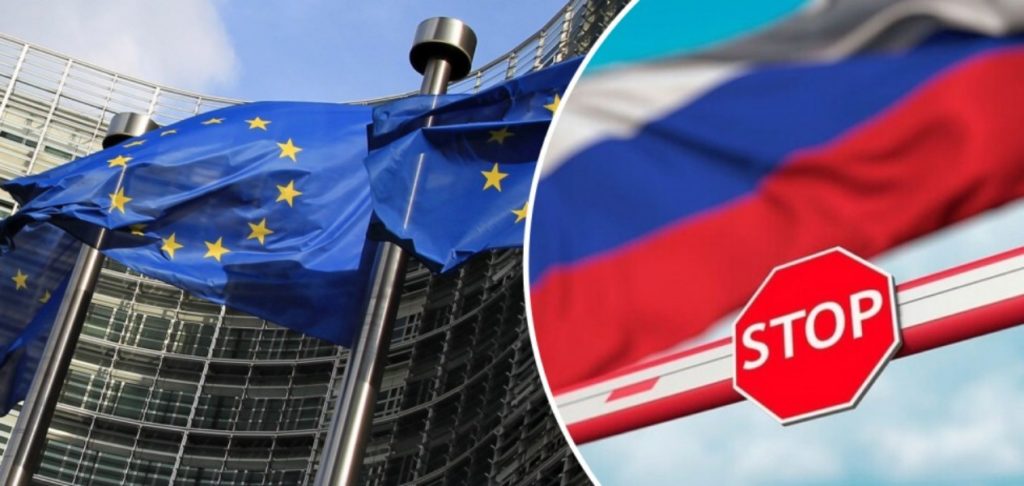The number of Russian individuals banned from entering the territory of the European Union has reached 1386 since the beginning of the war in Ukraine, with another 141 Russian citizens having been added to the list of individuals on whom the EU countries have imposed restrictive measures today, on December 16. The decision has been announced by the Council of the EU through a press release in which the same notes that another 49 more entities will also be subject to the restrictive measures, as a part of the EU’s ninth package of sanctions on Russia, due to its war in Ukraine, SchengenVisaInfo.com reports.
Commenting on the decision, the EU’s High Representative for Foreign Affairs and Security Policy, Josep Borrell, said that these persons and entities were targeted by EU sanctions for being an instrument in Russia’s war in Ukraine.
“The political masters in the Russian government, in the Duma, in the Federation Council, and in the judiciary are being targeted. Those responsible for looting of Ukrainian grain and for the forced deportation of Ukrainian people and, in particular, children, are being sanctioned, as well as organisations who are poisoning the public space with a systematic manipulation of information,” High Representative Borrel said.
He also emphasised that the EU is determined to help Ukraine in all possible ways for as long as it is necessary.
Amongst the entities that have been sanctioned through the most recent package are the Credit Bank of Moscow, JSC Dalnevostochniy, as well as numerous defence and industrial companies, political parties, and media holdings controlled by the Russian authorities.
With the new addition to the list of sanctions, a total of 1,386 individuals and 171 entities have been sanctioned so far. The sanctions include an asset freeze for the entities, from which EU nationals and companies are prohibited making funds available, and an entry ban for the individuals who are not permitted to travel to or through the Schengen Area and the EU countries.
The measures, however, do not affect in any way the trade between Russia and other third countries of agricultural and food products, including wheat and fertilisers.

